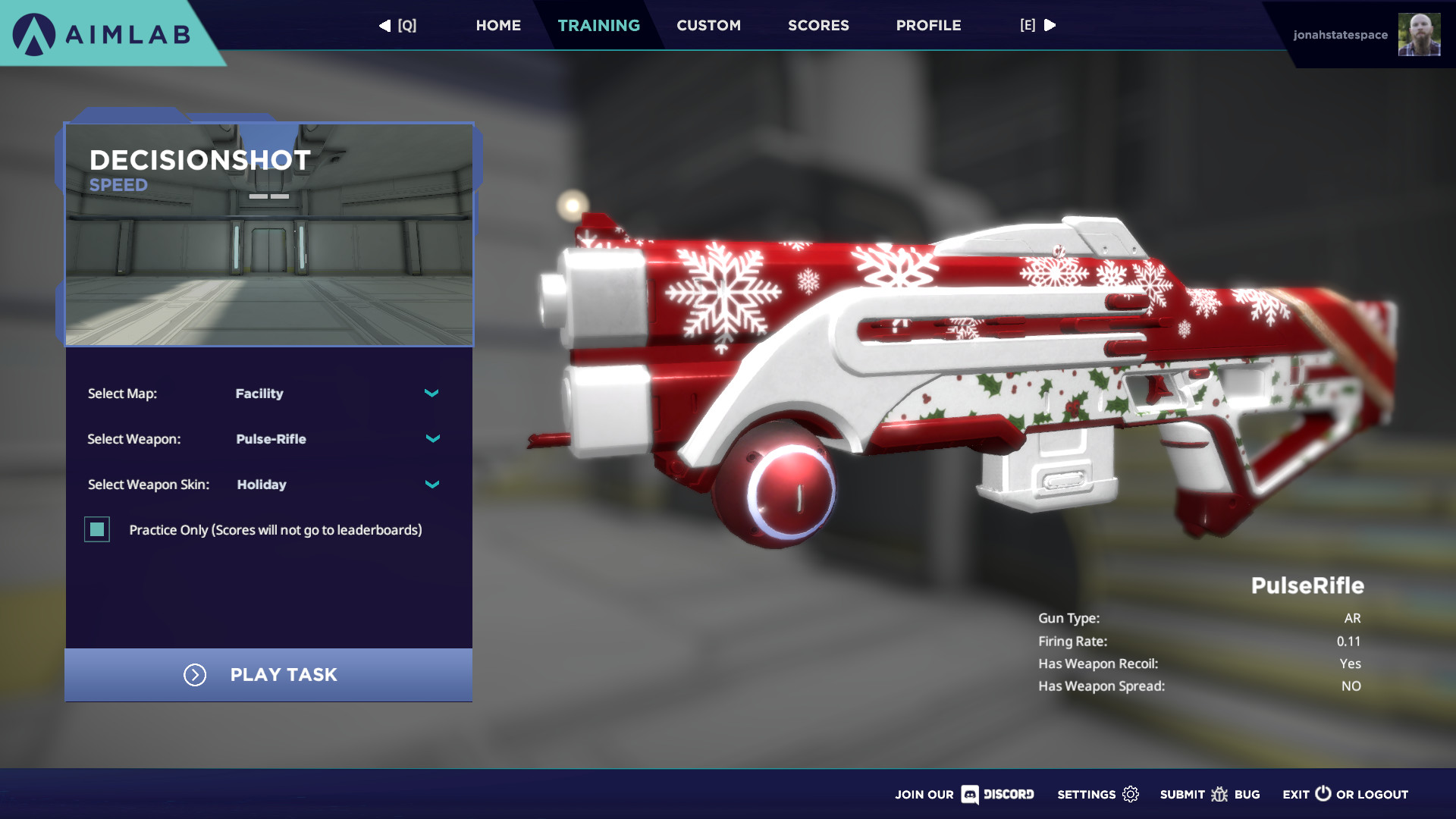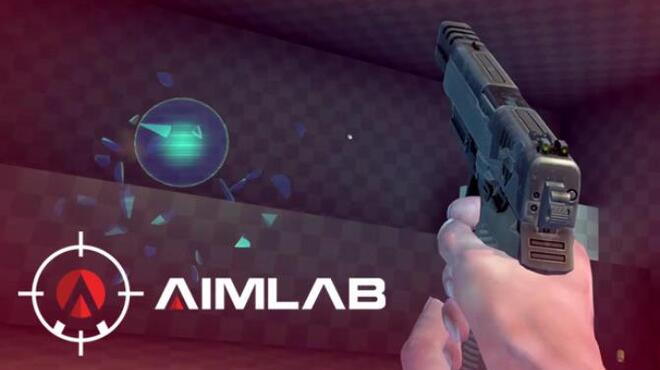
Surprisingly, Cloudflare for Families only manages to block 13.12% of domains. It is normal that the unfiltered DNS resolvers score poorly. Providerīoth filters and CleanBrowsing Security Filter score best with the most blocked records. So the less valid hosts are routed, the better. The table below shows in numbers how many hosts with a valid IP address the DNS resolver returned and what percentage was therefore blocked. These hosts were then tested against the public DNS resolvers. Test resultsĬloudflare found an A record at 44.542 hosts. In that case, we assume that the domain is known to the provider as 'malicious'. If the DNS resolver returned no value or the value 0.0.0.0 or 127.0.0.1, that was a sign that it was not resolving the domain. If the DNS resolver returned no value or the IP address 0.0.0.0 or 127.0.0.1, then no value was stored in the CSV. If the tested DNS resolver returned a valid IP address, it was stored in a CSV.If at least 1 A record was found, the domain was tested against all DNS resolvers.A check of each malicious domain against the unfiltered DNS resolver 1.1.1.1 to verify that the domain has at least 1 A record.A test of 5 known websites that are definitely not in the malicious list to confirm the correctness of the DNS resolvers.10 pings to each DNS resolver to get an average ping time.We wrote a simple Bash script for this test. If this is a requirement, you should look out for paid DNS resolvers. You therefore have no option for whitelisting or blacklisting domains. The tested DNS resolvers are all public DNS resolvers that do not require an account.

Do they have DNS servers in your area? How robust is their infrastructure? What is their uptime history? Do they keep their blocklists up to date? Are logs kept of your DNS requests that can be linked to you? What legislation do they fall under? How do they deal with requests from governments (do they have a transparency report?)? Your network uses DNS all the time, so the faster the DNS resolver is, the better. When you choose a DNS resolver, it is important not only to consider the number of blocked domain names from this test. On which we do not judge the DNS resolvers The DNS resolvers that filter the requests should return an empty or a 0.0.0.0 IP address, making the domain unreachable.

In principle, the unfiltered DNS resolvers should resolve all domains and return the corresponding IP address.

We downloaded the URLhaus list of 11.902 malicious domains from abuse.ch.
#Aim labs score free
CERT Poland updates this list daily and makes it available free of charge with the aim that ISPs and system administrators can use this list to protect their network. We downloaded a list of 118.623 malicious domains from the CERT Poland website. We tested both unfiltered and filtered DNS resolvers. To use these DNS resolvers, no account needs to be created. We have tested a large number of free public DNS resolvers.


 0 kommentar(er)
0 kommentar(er)
